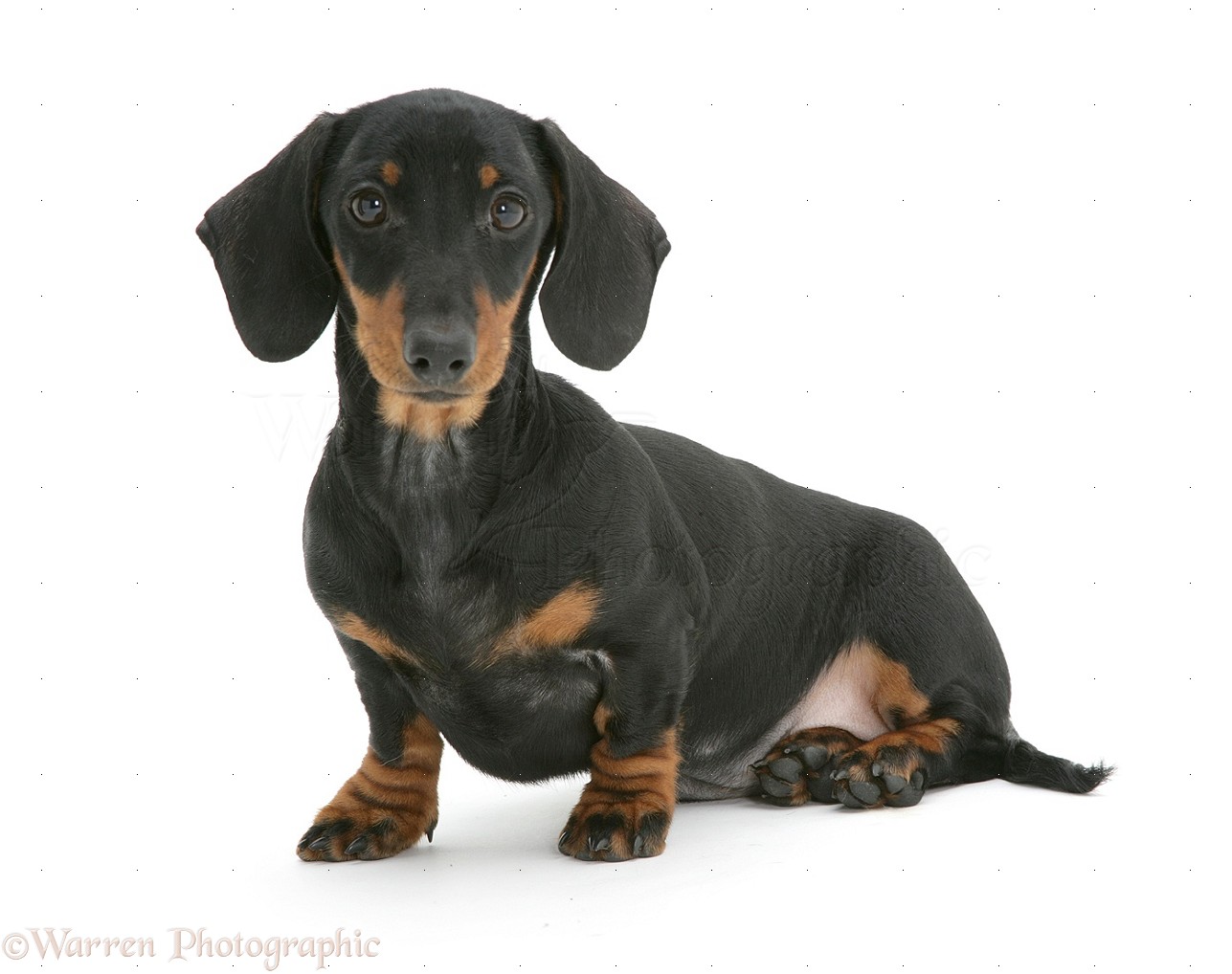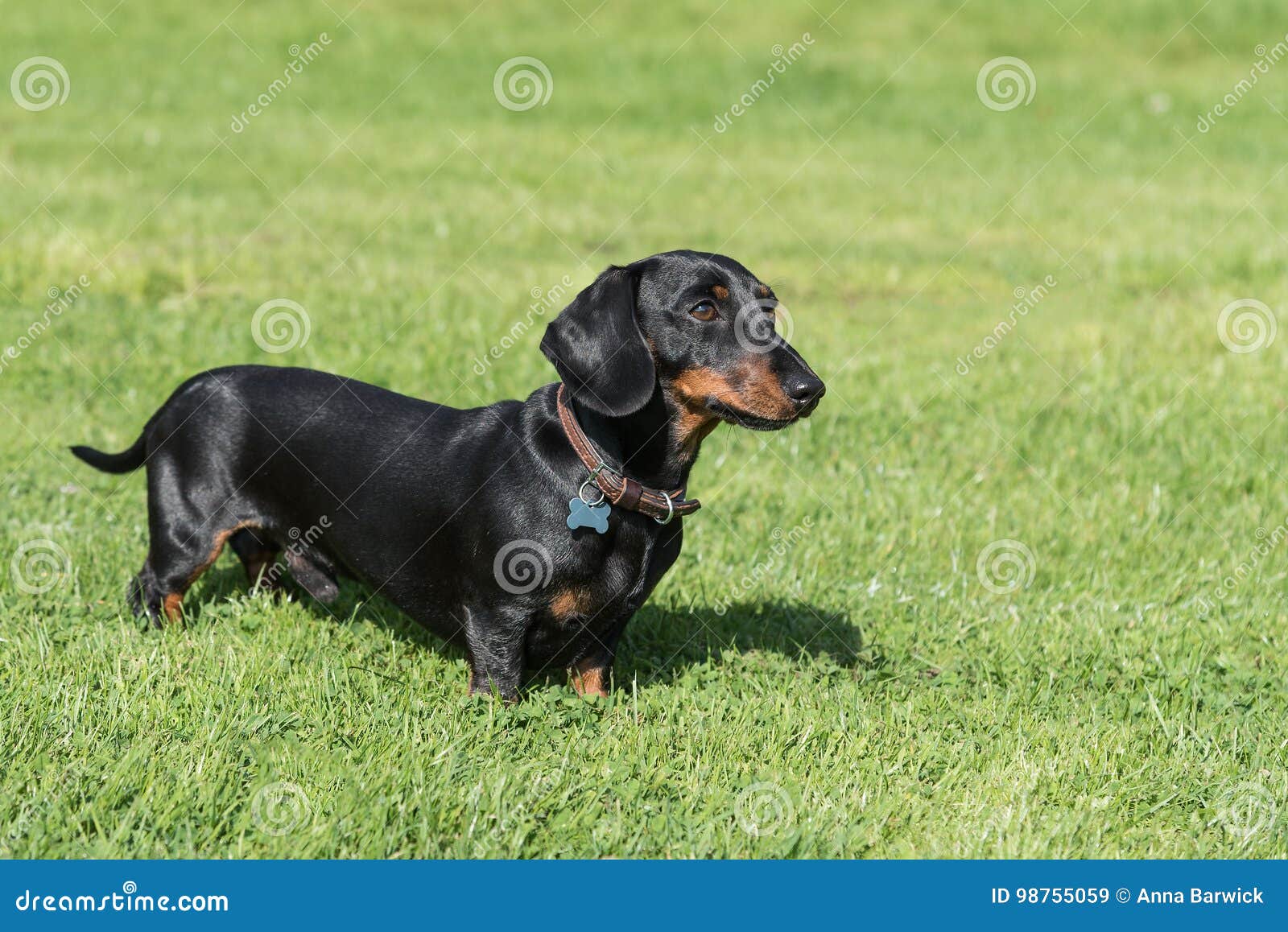The miniature dachshund is a breed that has captured the hearts of dog lovers worldwide with its unique appearance and endearing personality. Known for its elongated body and short legs, this small yet spirited dog has become a popular choice for families and individuals alike. If you're considering bringing a miniature dachshund into your life, understanding its characteristics, care requirements, and history is essential.
Beyond their adorable looks, miniature dachshunds are known for their intelligence and loyalty. Originally bred for hunting, these dogs possess a surprising amount of energy and determination, making them a perfect companion for active lifestyles. However, they also thrive in smaller spaces like apartments, as long as they receive adequate exercise and attention.
This article will delve into everything you need to know about miniature dachshunds, from their origins to their care needs, temperament, and health considerations. Whether you're a first-time dog owner or a seasoned enthusiast, this guide will provide valuable insights to help you make an informed decision.
Read also:Jesse L Martin Married A Deep Dive Into The Actors Personal Life And Journey
Table of Contents
- The Fascinating History of the Miniature Dachshund
- Physical Characteristics of the Miniature Dachshund
- Understanding the Temperament of a Miniature Dachshund
- Care Needs for a Healthy Miniature Dachshund
- Dietary Requirements for Miniature Dachshunds
- Exercise and Activity Levels
- Common Health Issues in Miniature Dachshunds
- Training Tips for Miniature Dachshunds
- Grooming Requirements
- Adopting a Miniature Dachshund
The Fascinating History of the Miniature Dachshund
The miniature dachshund, like its standard counterpart, has a rich and storied history. Originating in Germany, the breed was developed in the 17th century for hunting badgers and other small game. The word "dachshund" itself translates to "badger dog" in German, highlighting their original purpose. Over time, breeders began creating smaller versions of the dachshund to hunt smaller prey, leading to the development of the miniature dachshund.
From Hunters to Companions
As the popularity of hunting declined, the miniature dachshund transitioned from a working dog to a beloved companion. Their small size and affectionate nature made them ideal pets for urban dwellers. Today, they are one of the most recognizable breeds in the world, celebrated for their charm and loyalty.
Physical Characteristics of the Miniature Dachshund
Miniature dachshunds are known for their distinctive appearance, which includes a long, low-slung body, short legs, and an elongated spine. These dogs typically weigh between 11 and 16 pounds and stand no taller than 5-6 inches at the shoulder. Their coat can come in three varieties: smooth, wirehaired, and longhaired, each with its own unique texture and maintenance requirements.
Coat Colors and Patterns
Miniature dachshunds come in a variety of coat colors and patterns, including:
- Red
- Black and tan
- Dapple (a marbled pattern)
- Brindle (a striped pattern)
Understanding the Temperament of a Miniature Dachshund
Miniature dachshunds are known for their lively and spirited personalities. They are fiercely loyal to their families and can be quite protective, making them excellent watchdogs. Despite their small size, they possess a big personality and are not afraid to stand up to much larger dogs. However, their strong-willed nature can sometimes make them a challenge to train.
Compatibility with Families
While miniature dachshunds can make wonderful family pets, they may not be the best choice for households with very young children. Their small size makes them prone to injury if mishandled, and their protective instincts can sometimes lead to nipping or snapping if they feel threatened. Proper socialization and training are crucial to ensure a harmonious relationship with all family members.
Read also:Tim Henson Wife Exploring The Life Career And Partnership Of The Puppetry Legend
Care Needs for a Healthy Miniature Dachshund
Providing proper care for a miniature dachshund involves addressing their physical, mental, and emotional needs. This includes regular veterinary check-ups, a balanced diet, adequate exercise, and plenty of love and attention. Neglecting any of these aspects can lead to health issues or behavioral problems.
Preventing Back Problems
One of the most significant concerns for miniature dachshunds is their susceptibility to back injuries due to their elongated spine. Owners should take precautions to minimize the risk, such as discouraging jumping from high surfaces and using a harness instead of a collar for walks.
Dietary Requirements for Miniature Dachshunds
A well-balanced diet is crucial for maintaining the health of a miniature dachshund. High-quality dog food that is specifically formulated for small breeds is recommended, as it provides the necessary nutrients while preventing obesity. Portion control is also important, as overfeeding can lead to weight gain and exacerbate back problems.
Feeding Schedule
Puppies should be fed three times a day, while adult miniature dachshunds typically do well with two meals per day. Always provide fresh water and monitor their food intake to ensure they are maintaining a healthy weight.
Exercise and Activity Levels
Despite their small size, miniature dachshunds require regular exercise to stay healthy and happy. Daily walks and playtime are essential for keeping them physically fit and mentally stimulated. However, care should be taken to avoid overexertion, as this can strain their delicate backs.
Mental Stimulation
In addition to physical exercise, providing mental stimulation through puzzles, training sessions, and interactive toys can help prevent boredom and destructive behavior. Miniature dachshunds are intelligent dogs that thrive on mental challenges.
Common Health Issues in Miniature Dachshunds
While miniature dachshunds are generally healthy dogs, they are prone to certain health issues due to their unique body structure. Intervertebral disc disease (IVDD), a condition affecting the spinal discs, is one of the most common concerns. Regular veterinary care and a proactive approach to health maintenance can help mitigate these risks.
Preventive Measures
Regular vet visits, a balanced diet, and appropriate exercise can go a long way in preventing health issues. Additionally, maintaining a healthy weight and avoiding activities that put undue stress on their backs can significantly reduce the risk of IVDD and other spinal problems.
Training Tips for Miniature Dachshunds
Training a miniature dachshund requires patience, consistency, and positive reinforcement. These intelligent dogs can be stubborn at times, but with the right approach, they can learn commands and behaviors quickly. Crate training and housebreaking are particularly important for this breed, as they can be prone to accidents if not properly trained.
Positive Reinforcement
Using treats, praise, and play as rewards can motivate miniature dachshunds to learn and follow commands. Avoid harsh punishments, as this can damage their trust and lead to fear-based behavior. Instead, focus on creating a positive and supportive training environment.
Grooming Requirements
Grooming needs for miniature dachshunds vary depending on their coat type. Smooth-coated dogs require minimal grooming, while wirehaired and longhaired varieties need more frequent brushing and trimming to keep their coats in good condition. Regular nail trimming, ear cleaning, and dental care are also important aspects of their grooming routine.
Grooming Schedule
Smooth-coated dachshunds should be brushed once a week, while wirehaired and longhaired varieties may need daily brushing. Professional grooming every few months can help maintain their coat's health and appearance.
Adopting a Miniature Dachshund
Adopting a miniature dachshund can be a rewarding experience, but it requires careful consideration. Potential owners should evaluate their lifestyle, living space, and ability to meet the dog's needs before making a commitment. Researching reputable breeders or rescue organizations is also crucial to ensure the dog comes from a healthy and ethical background.
Rescue Organizations
Many miniature dachshunds find themselves in need of new homes due to various circumstances. Adopting from a rescue organization not only gives a dog a second chance but also supports a worthy cause. These organizations often provide detailed information about the dog's history, health, and temperament, helping you make an informed decision.
Conclusion
The miniature dachshund is a remarkable breed that combines charm, intelligence, and loyalty in a compact package. By understanding their history, physical characteristics, temperament, and care requirements, you can ensure a happy and healthy life for your furry companion. Whether you're adopting a puppy or rescuing an adult, this breed has much to offer and will bring joy and companionship to your life.
Take the first step today by sharing this article with fellow dog lovers or leaving a comment below. If you're ready to welcome a miniature dachshund into your home, consider reaching out to a reputable breeder or rescue organization. Together, we can make a difference in the lives of these wonderful dogs!


